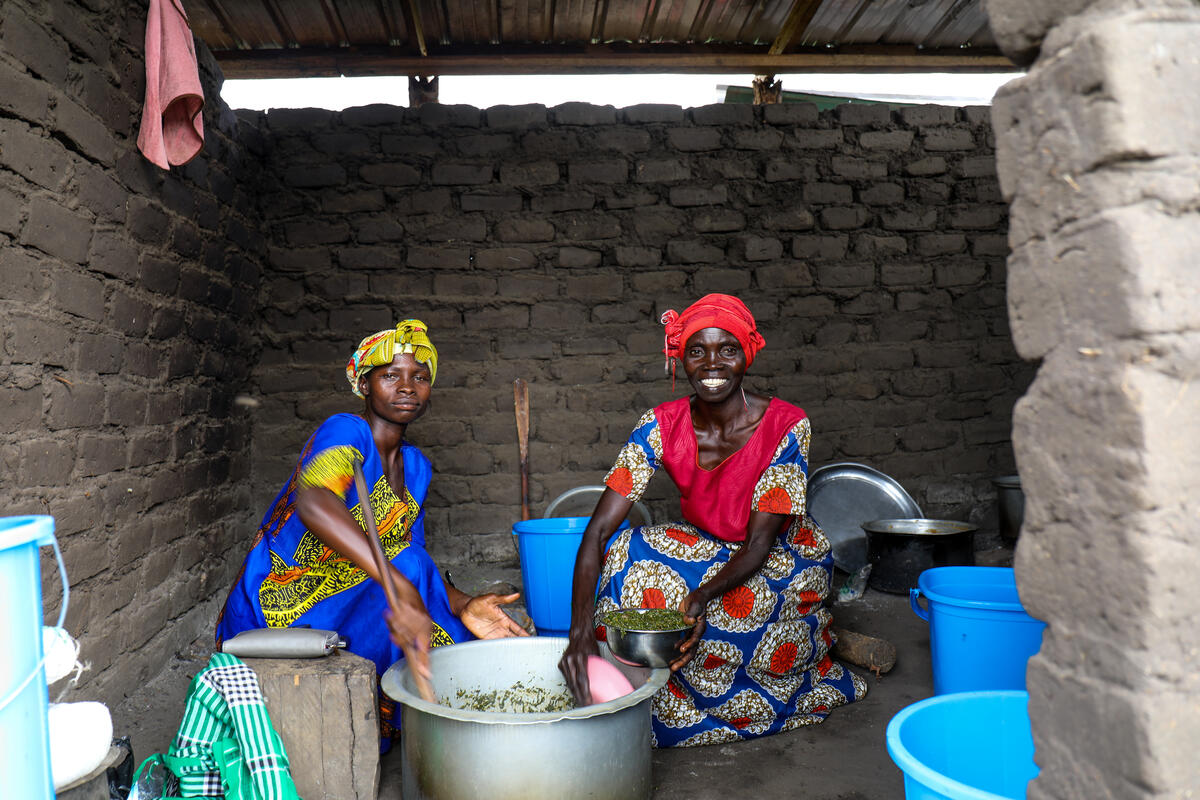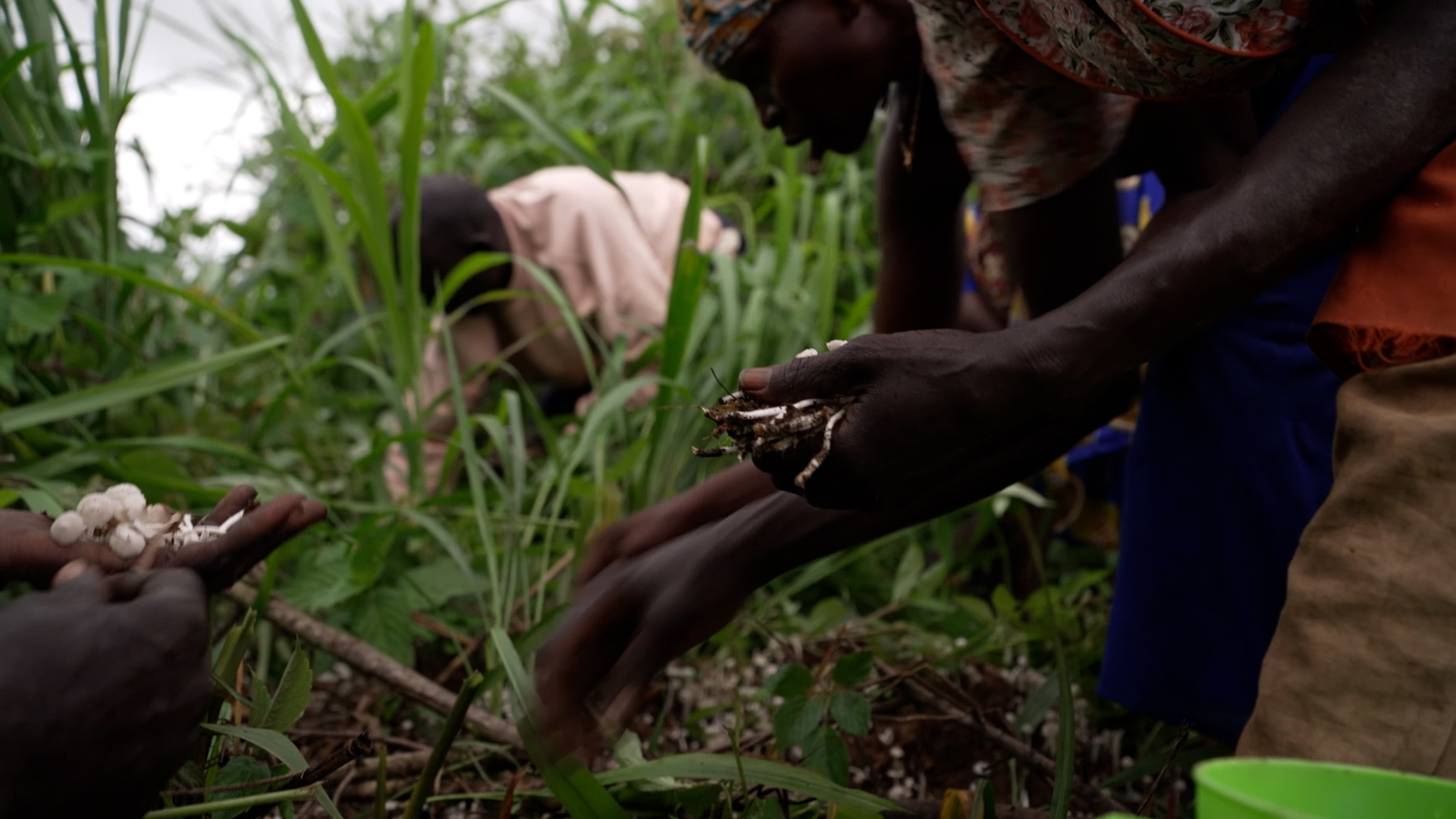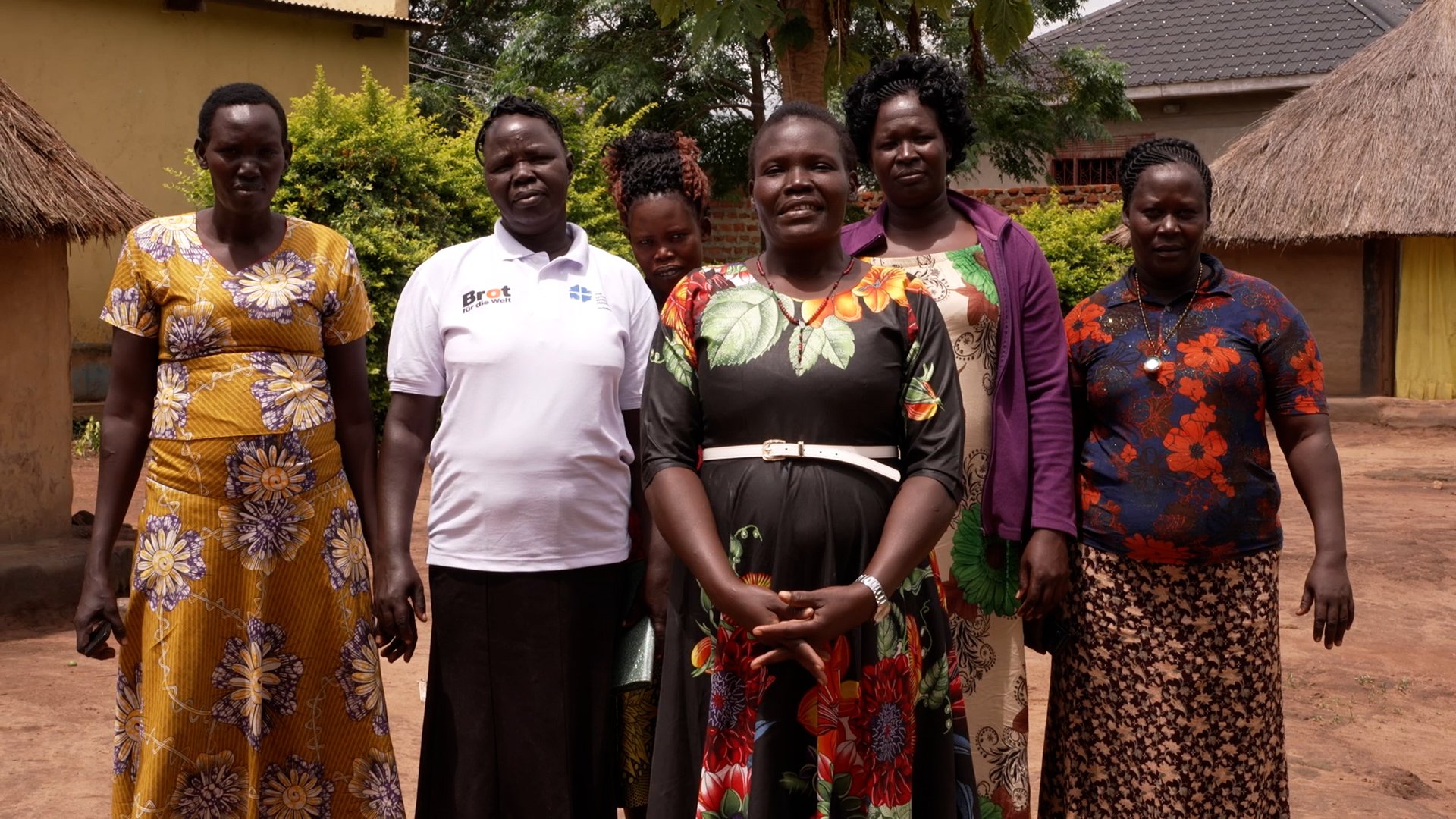UNHCR warns of massive refugee flow into South Sudan's north-east
UNHCR warns of massive refugee flow into South Sudan's north-east

GENEVA, June 4 (UNHCR) - UN High Commissioner for Refugees António Guterres warned today of a sharply worsening humanitarian situation in South Sudan's Upper Nile state, where UNHCR and its partners are contending with a sudden increase in refugees arriving from Sudan's Blue Nile state.
Over the past three weeks an estimated 35,000 refugees have arrived in Upper Nile. This is on top of an existing refugee population there of approximately 70,000. The arrivals are continuing.
"This is a dramatic change in an already difficult humanitarian situation," said Guterres. "Not only are refugee numbers suddenly much higher, but the condition that many of these people are in is shockingly bad. Some have been eating tree leaves to survive along the way."
UNHCR believes that most of the new refugees in Upper Nile state are too close to the border for their safety. Bus and tractor-trailer transport is being provided to move people to safer locations at Rum and Yusuf Batil, and groups of refugees are moving on their own to other camps at Doro and Jammam. Road conditions are difficult, not least because of recent rains.
"Pressure is enormous," Guterres said. "Despite the rain, this is an area where there's simply not enough safe drinking water; This, and the security situation, makes it all the more urgent that people are relocated fast to better protected places."
Including the new arrivals in Upper Nile, South Sudan is currently hosting some 150,000 refugees from Sudan, representing a huge logistics challenge for humanitarian aid to be properly delivered.








